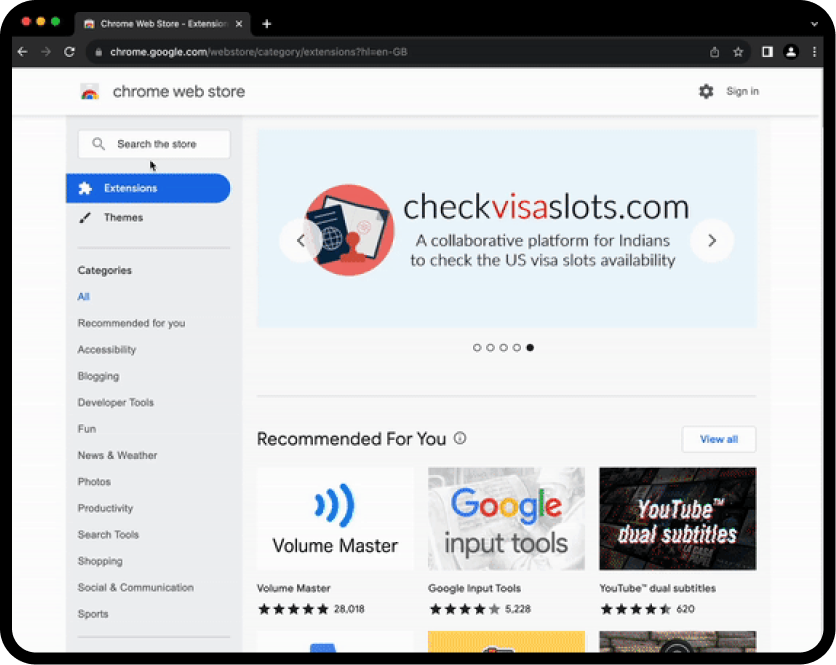ISO to PKG converter
A focused tool to translate ISO identifiers into PKG metadata, aiding developers and packaging engineers to align standards and reduce manual mapping.

Check It Yourself
About This Tool
The converter translates ISO-formatted identifiers into PKG metadata fields used by packaging workflows. It accepts two inputs: an ISO value (date/time, code, or identifier) and a target PKG schema or field. It performs strict parsing against common ISO 8601 date-time strings, ISO language and region codes, and identifier formats, then maps them to equivalent PKG attributes such as timestamp, locale, or identifier. For example, 2024-08-11T15:30:00Z becomes a PKG timestamp value 20240811T153000Z, and en-US becomes locale en_US. Outputs are deterministic and reversible within the defined mapping rules, enabling automation with CI/CD pipelines.
Core logic processes inputs in stages: normalization, validation, and emission. Normalization converts disparate ISO representations into canonical forms. Validation enforces range and format rules (dates within allowed windows, codes from the supported ISO sets). Emission formats the PKG metadata block exactly, applying field names and value patterns required by the target PKG schema. Optional advanced features include handling multiple ISO inputs in a single pass, batch processing, and custom field mappings via a config map. Practical use cases include converting a release date and locale from ISO formats for a package manifest or aligning legacy identifiers with modern PKG systems.
Unique value lies in deterministic crosswalks, offline-ready logic, and explicit error handling for unrecognized inputs. Developers, release managers, and build engineers benefit from reduced manual mapping, faster pipelines, and fewer inconsistencies between ISO standards and PKG metadata. This tool targets unit tests, data migrations, and CI pipelines requiring reproducible conversions.
How to Use
1. Provide inputs: iso_input (string) and target_schema (PKG field or full schema).
2. Select mapping mode: date-time, locale, or identifier defaulting to date-time when applicable.
3. Run conversion: apply normalization, validation, and emission rules.
4. Review outputs: PKG metadata values formatted per the target schema and a sample usage snippet.
5. Integrate: export to your build pipeline or test suite.

FAQs/Additional Resources
Find Quick Answers
What inputs are supported?
What is PKG metadata?
Time zone handling?
Online or offline mode?
User Reviews
See What Others Are Saying
Explore Related Tools
More Solutions for Your Needs
KES to USD Converter
Converts KES to USD in real time for travelers, traders, small businesses, and analysts who need quick, accurate currency values on demand.
Krutidev to Unicode Converter
Converts Krutidev encoded text to Unicode for writers, publishers, and developers needing clean, web-ready Devanagari content quickly and consistently.
Your Feedback Matters
Help Us to Improve

 Norwegian
Norwegian
 Danish
Danish
 German
German
 English
English
 Spanish
Spanish
 French
French
 Italian
Italian
 Dutch
Dutch
 Portuguese
Portuguese
 Swedish
Swedish
 Hebrew
Hebrew
 Arabic
Arabic









